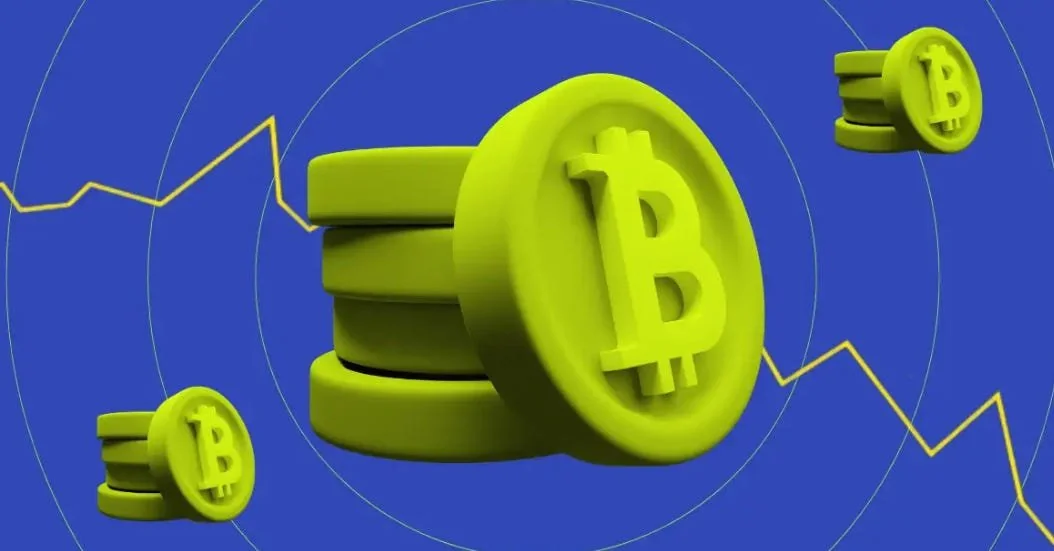Bitcoin Mining Surge: Hashrate Spikes Amid US Elections and Controversial Concepts
Introduction: The Bitcoin Mining Landscape in 2024
The cryptocurrency space, especially Bitcoin, has seen tremendous growth over the past decade. With the upcoming 2024 U.S. elections, interest in Bitcoin is surging, and the mining sector is attracting significant attention. U.S.-listed Bitcoin miners now account for a record 28.9% of the global hash rate, the highest ever. This increase is drawing in more investors, particularly as major financial players like JP Morgan begin backing the sector.
What Is Hashrate, and Why Does It Matter?
The hash rate refers to the total computational power used to mine Bitcoin and secure its network. The higher the hash rate, the more secure the Bitcoin network becomes. Following China’s 2021 ban on Bitcoin mining, many miners relocated to the U.S., taking advantage of favorable regulations and cheaper energy sources, especially in states like Texas.
U.S.-listed companies, such as CleanSpark and Marathon Digital, have emerged as leaders in Bitcoin mining. Investors are increasingly attracted to Bitcoin mining stocks as a way to gain exposure to Bitcoin without directly buying the cryptocurrency, reducing the associated risks.
Bitcoin Mining and the 2024 U.S. Elections
The upcoming U.S. election could significantly influence Bitcoin regulation. A favorable political environment could foster growth, while stricter regulations might present hurdles for both miners and investors. As Bitcoin continues to grow in popularity—often seen as a hedge against inflation—the political landscape becomes more important for the industry’s future.
How Bitcoin Mining Works
Bitcoin mining is a fundamental process that secures the cryptocurrency network. Miners validate transactions and add them to the blockchain using powerful computers. This process is energy-intensive, but miners are rewarded with newly minted Bitcoin and transaction fees. This incentive structure is critical for maintaining the security of the Bitcoin network and driving continuous investment in mining.
As more miners join, the difficulty level increases, making it harder to mine Bitcoin. Consequently, larger companies with better technology and more resources dominate the space, creating competition within the mining industry.
Environmental Concerns in Bitcoin Mining
The Environmental Impact of Bitcoin Mining
Bitcoin mining is often criticized for its environmental impact due to its high energy consumption. Critics argue that the heavy use of fossil fuels, like coal and natural gas, contributes to climate change. The environmental impact of Bitcoin mining is a pressing concern for both the industry and its regulators.
Sustainable Mining Solutions
Many Bitcoin miners are turning to renewable energy sources, like solar, wind, and hydropower, in an effort to reduce their carbon footprint. Texas has become a key location for this shift, with numerous mining operations utilizing the state’s vast renewable resources.
The Rise of Eco-Friendly Mining
A growing trend in the industry is the move toward “green mining.” Companies are adopting cleaner technologies and more efficient mining practices, driven by investor and regulatory pressure to reduce their carbon emissions.
Carbon Credits and Offsets in Bitcoin Mining
Some Bitcoin miners are purchasing carbon credits and offsets to counterbalance their emissions. These credits allow companies to fund projects that reduce carbon emissions, such as reforestation or renewable energy initiatives. Although carbon credits do not eliminate the environmental impact, they represent a step toward sustainability in Bitcoin mining.
Challenges in Sustainable Mining Practices
Despite the push for greener mining, there are significant challenges. The availability and cost of renewable energy remain major obstacles. Additionally, renewable energy sources like wind and solar are not always reliable, forcing miners to rely on fossil fuels during downtimes. Upgrading equipment to be more energy-efficient also requires significant investment, putting smaller miners at a disadvantage.
Bitcoin Mining’s Future: Balancing Profit and Sustainability
The future of Bitcoin mining will depend on balancing profitability with environmental sustainability. As the sector continues to grow, so too will scrutiny from regulators and investors. New technologies that improve energy efficiency will be crucial for the industry’s long-term success.
Regulatory Challenges for U.S.-Based Miners
With the U.S. now a significant player in Bitcoin mining, new regulatory challenges are emerging. Both the SEC and CFTC are watching the cryptocurrency space closely, but how Bitcoin mining fits into existing regulations remains unclear. Energy consumption and environmental impact may drive new rules at both state and federal levels.
Some states, like New York, are pushing for stricter environmental regulations on mining operations, while others, like Texas, are embracing mining for its economic benefits. The outcome of the 2024 election could shape the future of U.S. Bitcoin mining regulations.
Geopolitical Shifts: Bitcoin Mining Moves to the U.S.
The shift of Bitcoin mining operations from China to the U.S. in 2021 reshaped the global mining landscape. The U.S. now plays a key role in Bitcoin’s future, but this concentration of mining power has raised concerns about centralization. If U.S.-based miners continue to dominate, increased regulatory oversight could follow, potentially reducing Bitcoin’s decentralization.
Cheap Remote Crypto Mining for you – Click Here
The Importance of Mining Pools
As the Bitcoin mining industry grows, mining pools are becoming increasingly important. By combining their computational power, miners can increase their chances of successfully mining a block and earning rewards. While this provides smaller miners with a better chance to participate, it also raises concerns about centralization, as larger mining pools control a significant portion of the global hash rate.
Conclusion: Bitcoin Mining at a Crossroads
The Bitcoin mining industry is at a critical juncture, facing challenges in technology, environmental sustainability, regulations, and global politics. The rise of U.S.-based miners marks a major shift, but it also brings new challenges, particularly as the 2024 U.S. elections approach.
Bitcoin miners must focus on innovation, improving energy efficiency, and adopting more sustainable practices to ensure the long-term viability of the industry. By balancing profitability with responsibility, Bitcoin mining can continue to secure the cryptocurrency network and support the broader future of digital finance.


